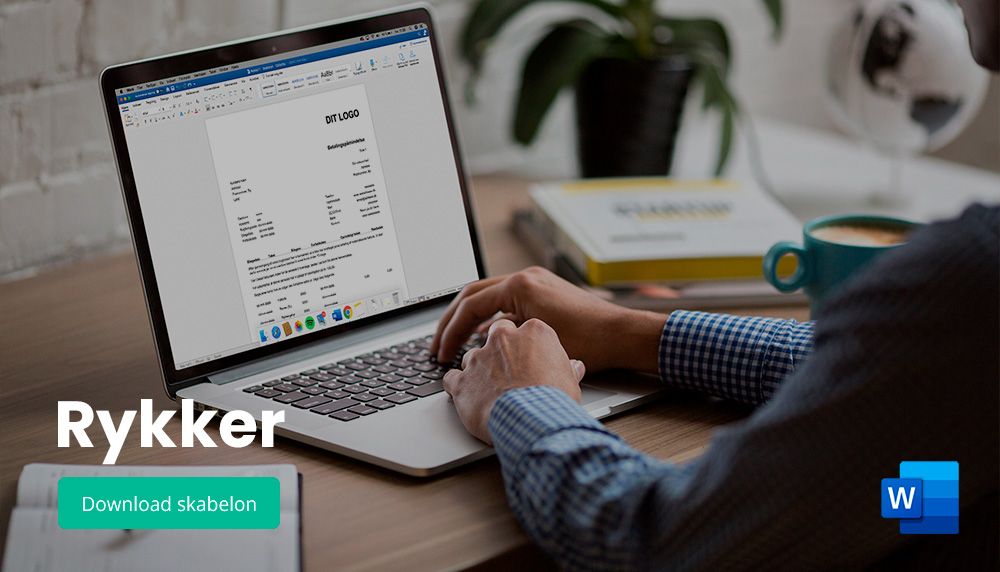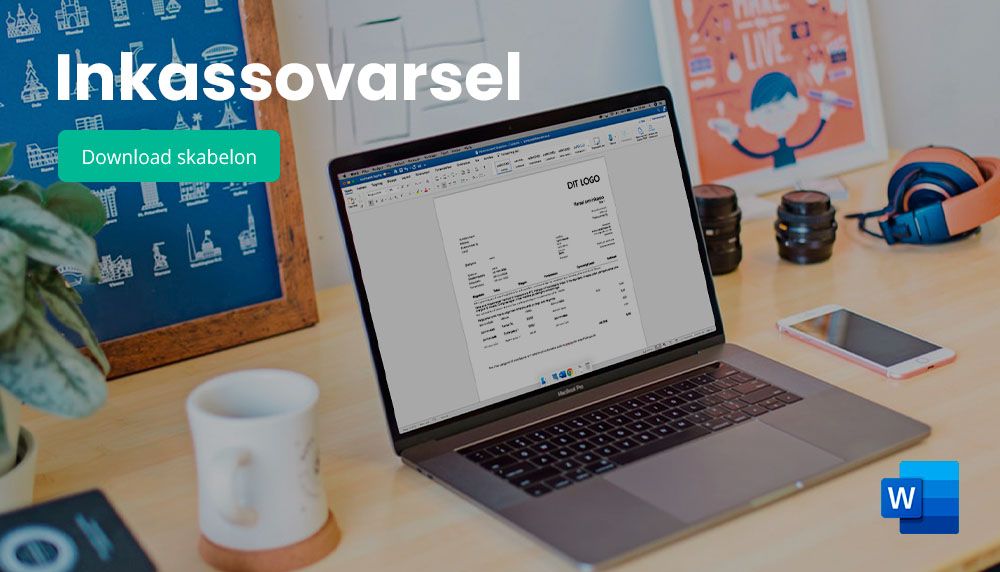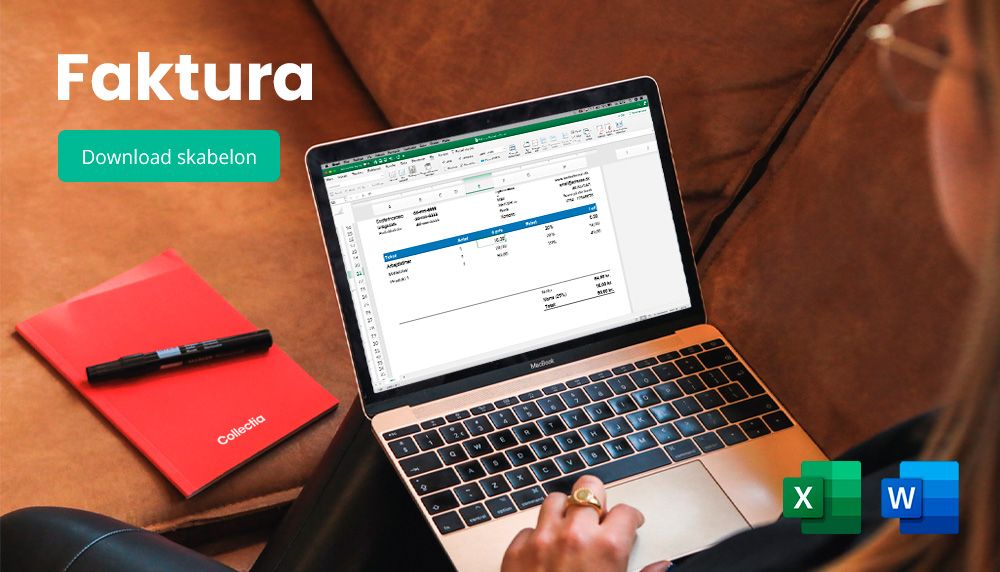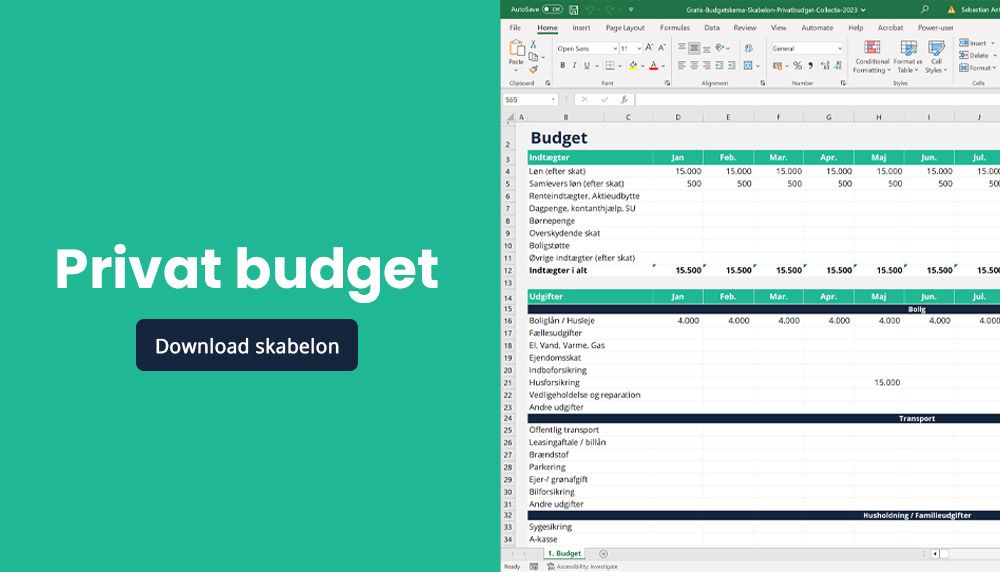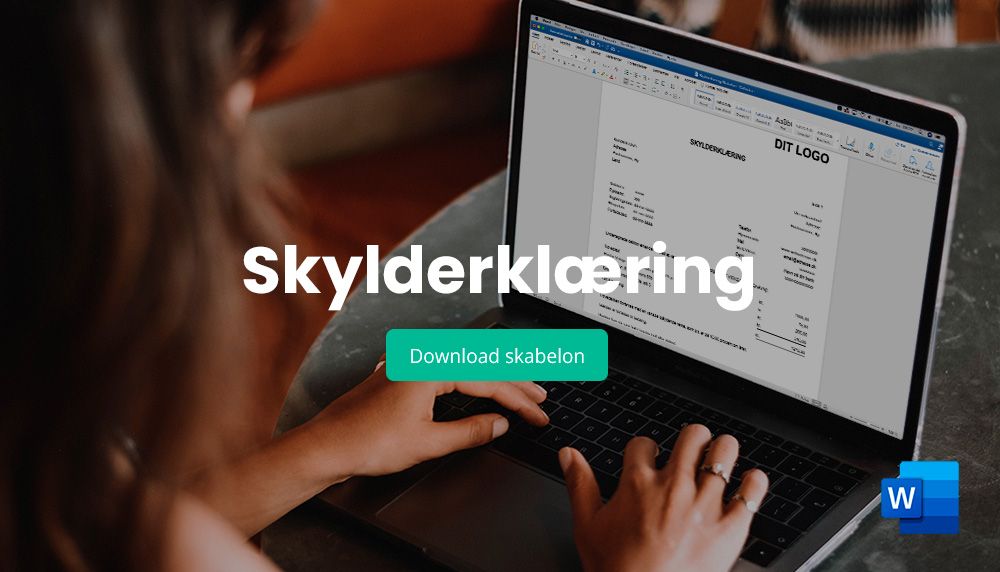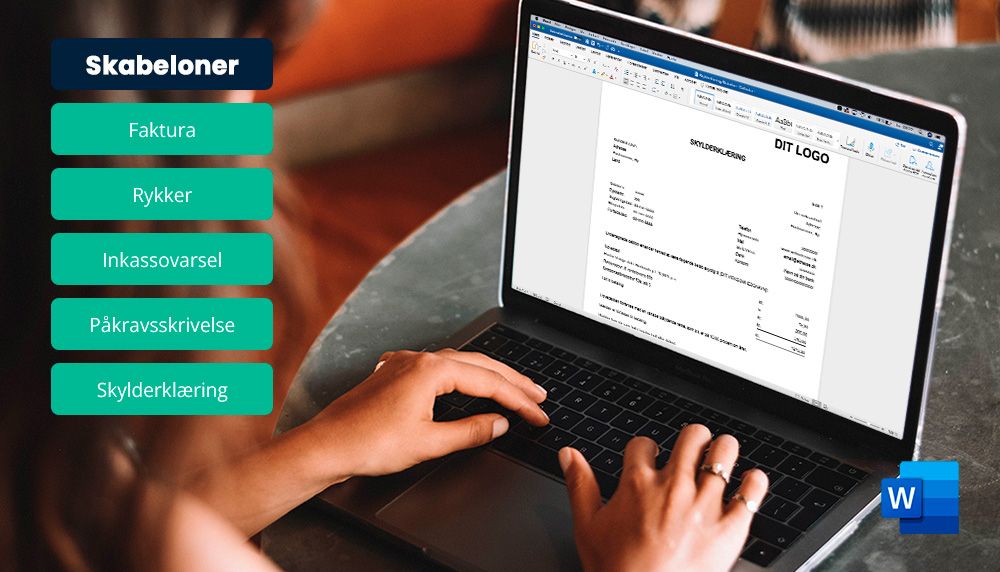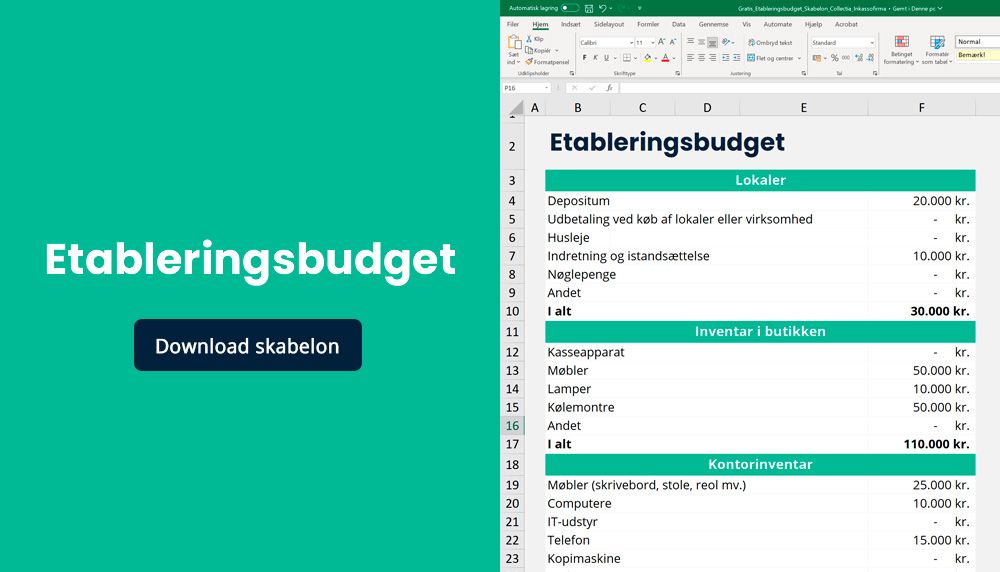
arrears
The word 'arrears' comes from the French 'restantia', which is derived from 'restare', meaning 'to stand back' or 'to remain'. In essence, arrears refer to debts that have not been paid on time.
In practice, any unpaid debts to private companies, unpaid invoices or amounts owed to public authorities can be referred to as being in arrears.
Although the term "arrears" is not commonly used by private businesses in everyday speech, many simply refer to arrears as "debt" or "unpaid invoice". In a modern context, "arrears" is most often used in relation to rent and accumulated debt.
Collection of arrears
How arrears are collected depends primarily on whether the debtor is a private or public entity.
If the arrears are between a private debtor and a private creditor, the collection is typically handled like any other unpaid invoice. This can be done either through "self-collection", where the company handles the collection task itself, or by seeking assistance from a debt collection company or a debt collection lawyer.
The collection process often starts with the sending of one or more reminders, where a standard fee of DKK 100 is typically added. The debtor should be given 10 days to pay before a new reminder is sent.
Before a debt collection procedure can be initiated, a debt collection notice or demand letter must be sent. This notice informs the debtor of the upcoming debt collection process and gives an additional payment deadline of 10 days. If payment is still not made, the creditor can then start the collection process.
If the arrears have arisen due to unpaid invoices or debts to a public institution, such as taxes, duties, fines or media license fees, the public authority can seek assistance from SKAT to perform a salary deduction. In this case, SKAT will deduct the amount owed directly from the debtor's salary.
Help with collecting arrears
In Denmark, there are many competent options for assistance in collecting arrears, whether you are a private company or a public authority.
If you don't want to handle the collection yourself, for example through self-collection, you can seek help through the enforcement court. Alternatively, you can also turn to an authorized debt collection company or a lawyer specializing in debt collection - often called a debt collection lawyer.
At Collectia, we recommend that you choose a debt collection company that has experience with cases similar to your own, so they are familiar with the typical challenges that may be associated with your case type.
At Collectia, we are always ready to assist you with your unpaid arrears, regardless of quantity or amount.
